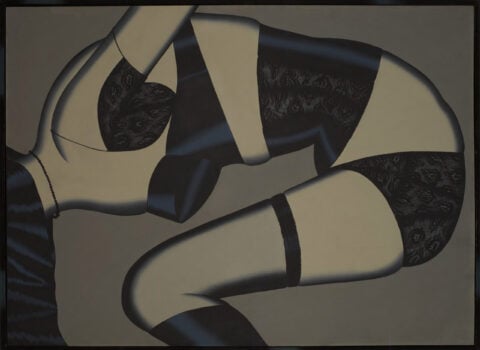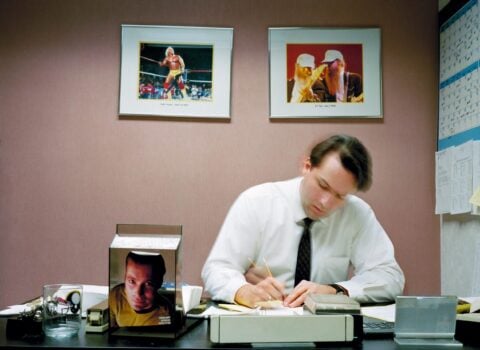A cartoon of Woodrow Wilson from Punch, March 26, 1919
In 1968, Barry Goldwater sued Fact magazine for publishing a series of psychiatrists’ statements claiming he was “grossly psychotic” and “a mass-murderer at heart.” His victory prompted the American Psychiatric Association to adopt the so-called Goldwater Rule, which declared it unethical for doctors to offer diagnoses without an examination—as if any self-respecting office-seeker would consent to such. (“I have never talked to a psychiatrist in my life,” Goldwater said in his defense.) Thus was one of our nation’s great pastimes hobbled. From that day…





